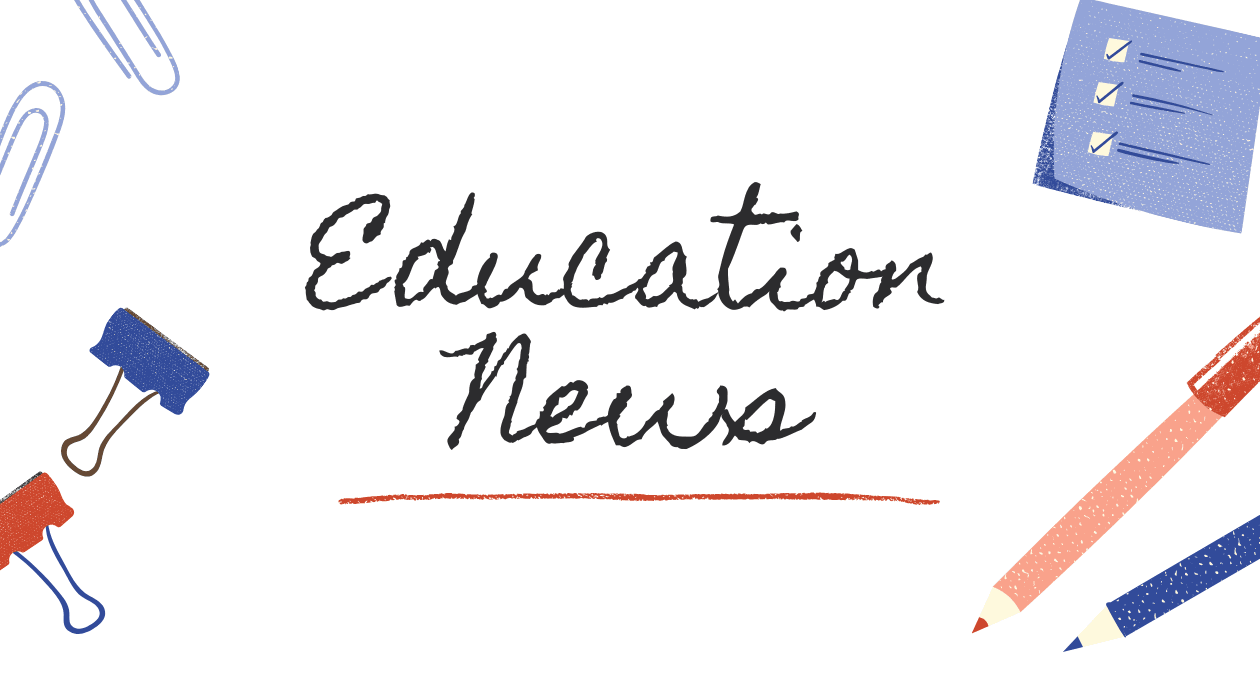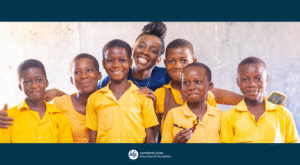It is the foundation of every prosperous society—yet Ghana’s Basic Education system finds itself in the spotlight for all the wrong reasons.
Persistent challenges in infrastructure, teacher shortages, and unequal access between urban and rural communities have created an education system that struggles to serve the children who need it most. While efforts are being made, the story of Basic Education in Ghana remains one of significant gaps and untapped potential.
For Homeland Ghana Educational Foundation, this situation represents not just a crisis but a call to action.
The Headlines We Should Be Reading
If Ghana’s Basic Education system were a news story, the headlines might read something like this:
- “Rural Schools Struggle with Lack of Desks and Learning Materials”
- “Teacher Shortages Leave Classrooms Without Guidance”
- “Economic Hardship Pushes Children Out of School”
It’s a narrative that has persisted for far too long. For a country striving for sustainable development, these challenges threaten to undermine progress at its roots.
But, what if we could rewrite the story?
Understanding the Crisis
Basic Education in Ghana is intended to equip children aged 4 to 15 with critical skills and knowledge, covering Primary and Junior High School. Yet, many students face barriers that prevent them from fully accessing or benefiting from this system:
- Infrastructure Failures: Many schools lack the facilities needed to create a conducive learning environment.
- Disparity in Resources: Rural communities often lag behind urban areas in teacher quality and educational tools.
- Economic Pressures: Families facing financial hardship are often forced to pull children out of school to contribute to household income.
These issues combine to create an education system where potential is stifled before it has the chance to grow.
The Role of Compassionate Intervention
At Homeland Ghana Educational Foundation, we believe that crisis breeds opportunity. Our work focuses on empowering children particularly in the Builsa North District of Ghana’s Upper East Region.
Here’s how we’re responding:
- Providing Resources: From learning materials to infrastructure improvements, we’re ensuring schools have what they need to thrive.
- Supporting Teachers: By offering training and tools, we’re helping educators deliver the quality instruction students deserve.
- Advocating for Equity: We focus on rural and marginalised communities to close the education gap.
This work is driven by a simple principle: Every child should be in school and learning well.
Want to Get Involved?
Change begins with collective action. Whether you’re a donor, volunteer, or advocate, you can help us rewrite the future for Ghana’s children.
Click here to learn how you can support our mission.




